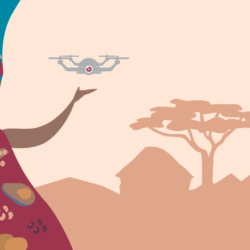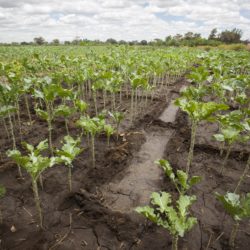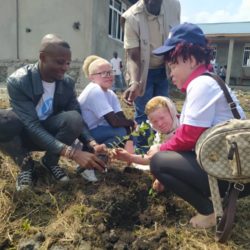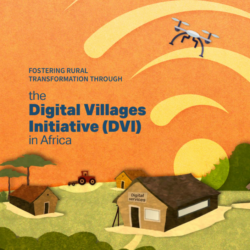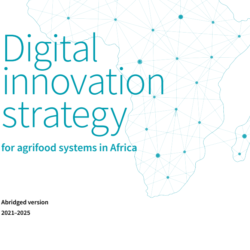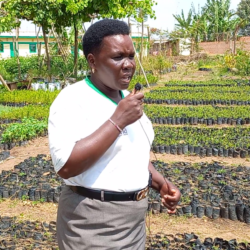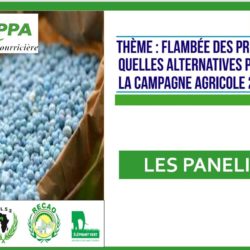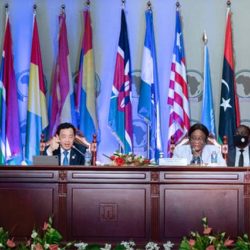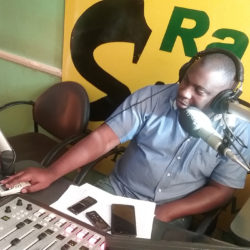Gender-responsive digitalization
The COVID-19 pandemic and the measures taken by governments on social distancing and mobility restrictions have contributed to boosting the use of digital technology to bridge some of the physical access gaps. An increasing number of services and extension/information activities are delivered through digital tools and applications. E-commerce has also flourished. As a result, the potential of digital technologies has gained prominence in immediate response and recovery strategies and programmes.

